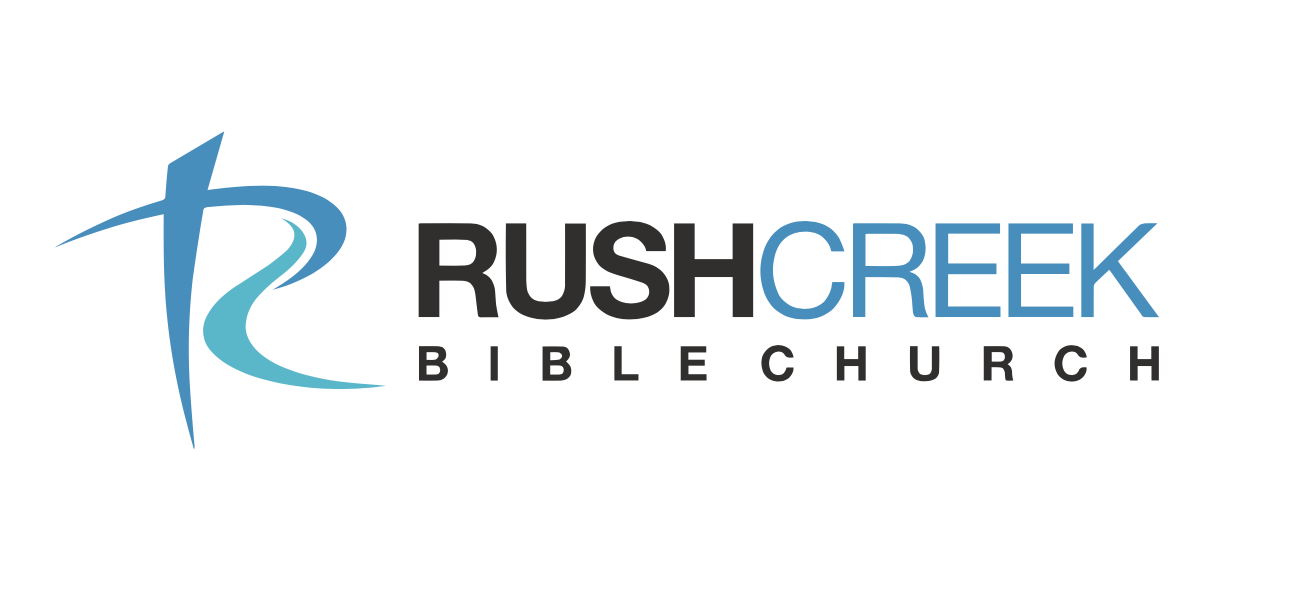Pastors,
As I travel across the country and visit with our pastors, boards, and congregations, I am continually reminded about the heavy load you all carry as you lead your ministries, manage your staff and volunteers, and shepherd your flock. Add those essential roles to your ongoing daily tasks of fund-raising, visiting shut-ins and hospitals, mentoring, event planning, research and sermon preparation, community engagement, facility & property management, financial and retirement, vision casting, board member involvement & development – and for many – managing a 2nd job or family business. Not to mention the need to prioritize your marriage and family, taking care of your home, attending events with your children, and caring for your parents and extended family. This list is even longer for most of you.
In my visits with pastors across the US, I am humbled by how you all keep these things moving forward – and I’m concerned for you as I see your workload and 7-day work schedule. For most of you, even your ‘Saturday’s & vacations’ are filled with essential tasks to “catch up” and stay balanced. I’ve known many of you -as well as former pastors, both inside and outside of the GGF- for decades, and I am deeply burdened for you personally—-with your relational, mental, physical, financial health, and vocationally—with your ability to remain qualified to stay in this great and eternally significant “race” (1 Cor. 9:24-27). (In fact – I am so deeply-burdened for you that I have dedicated my life to supporting you and building meaningful and useful resources for you and our future pastors. I am blessed daily to serve you in this way!) At the risk of placing even more pressure on you, I am 100% confident of this charge to you: Our current and future boards and congregations absolutely need you to stay healthy; both personally and vocationally.
One of the conversations that I am having with pastors and boards on a regular basis is about “Pastoral Sabbaticals.” Some of you have already had the blessing to take some version of a pastoral sabbatical in your leadership role – and a few are in the middle of planning or engaging in one right now.
Pastor John Lowder summarizes some important take-aways from his sabbatical:
I was the first pastor of Frontline Bible Church to ever take a sabbatical, and what an amazing privilege the church gave me to refresh, recharge and refocus for 3 months in 2017. “I wish I could take a 3-month vacation” was the sentiment of some, but the Board of Elders did a great job explaining and supporting the concept of a sabbatical to the congregation. As a result, the church actually grew in attendance while I was gone, and greater unity and teamwork was clearly evident when I returned. My biggest takeaway was the freedom I felt upon realizing the church could function just fine without me. As Pastor I am an important piece of what happens at Frontline, but I’m just a piece. I came back better and so was my church.
While it can be easy to dismiss the idea of a pastoral sabbatical (in my visits across the US, I hear statements like “My board members don’t get one – so why should I?”), I consider that statement to be what lawyers call a “non sequitur”, or a non-logical statement to my position on the topic. Pastors are pastors—and board members are not. No one else in the church can and should carry the role and responsibilities of the pastor. Plain and simple. The roles are, or at least should be, significantly different in some key ways. Both biblically and professionally.
As you consider a discipline of a pastoral sabbatical, think about how God’s design of the sabbath—a practice that is clearly defined and repeated throughout His Word—is the root-word of “sabbatical”. That’s absolutely no coincidence. I believe that it’s especially important for a pastor to understand this connection. Hebrews 4:9 states that “The Sabbath remains a rest for the people of God”. Without a commitment to resting and recharging ourselves spiritually and physically, we all risk burn-out. But a pastor’s 24/7/365-pace throughout their career and call is of serious concern as shepherds and leaders. Eugene Peterson refers to the concern that pastors experience as a “tiredness of spirit and inner boredom.” I can’t think of anything more detrimental to the life of a pastor, his marriage and family, and his ministry than that type of concern.
Here are a few quick thoughts for you as you reflect on a pastoral sabbatical for your role:
- As President of the GGF, I would like to suggest to all of our pastors that a sabbatical is an essential part of every pastoral job description. We cannot put our pastors at risk of “tiredness of spirit.” Making an intentional plan to address that risk is important.
- If I have hosted a board retreat with your board yet (I’ve had the privilege of hosting retreats 17 church retreats over the last year), you’ve heard me emphasize the importance of a pastoral sabbatical to your board – and it’s actually a line–item in our Church Assessment Rubric that our boards are using for their development and growth. (Please let me know if you are interested in a retreat for you and your board.)
- I want to encourage you with this: Initiating a plan for a sabbatical is your responsibility. If you’re interested in this type of self-care, you will likely need to present it to your board and build the plan. While you might feel that’s self-serving, I would challenge you on that point. Yes, your board should be concerned for your well-being, but only you (and probably your wife!) know your true needs. I encourage you to take the initiative with this effort and advocate for the value that it can bring you, your family, and your congregation.
Funding and Pulpit Supply? Churches may not have the ability to pay for their pastor to be out for an extended period of time AND then find and pay for a short-term pastor to fill their pulpit. We can help with these concerns:
- Fund-raising – Let me know if we can help you build a fund-raising plan to underwrite these costs. Pastor John Lowder has shared a fund-raising letter that he used to help reduce the financial pressure on his congregation. He has graciously given permission to use this letter for you to use as a template or idea-generator. You can read that letter here. LINK TO LETTER that will be place on our website.
- Pulpit Supply – We have an amazing team of pastors and lay-leaders across the US who have made themselves available to preach and supply pulpits for short and medium-term visits. Please let me know if you need assistance with this and we’ll coordinate with you to help build that plan.
To assist you in your research as you look into a “pastoral sabbatical”, below here are some resources I would commend to you:
Pastor John Lowder at Frontline Bible Church has graciously shared three documents that might be a good examples to consider:
- proposal for a sabbatical LINK
- a sabbatical policy LINK
- a fund-raising letter LINK
- and a sabbatical report for the board and congregation LINK
Beyond these examples, here are some articles that provide some insight regarding sabbaticals
How to Structure a Sabbatical for your Pastor—Sean Nemecek
https://pastorsoul.com/2019/02/08/how-to-structure-a-sabbatical-for-your-pastor/
6 Reasons Pastor Sabbaticals are Good for Your Church—Sean Nemecek
https://pastorsoul.com/2019/02/06/make-your-pastor-take-a-sabbatical/
A Sabbatical Guide for Pastors—Bill Gaultiere
https://www.soulshepherding.org/sabbatical-guide-pastors/
Sabbaticals—Eugene Peterson
https://dci.org.uk/zipped/Sabbatical.pdf
Durfee Sabbatical Report—a 20-Year Report on Sabbatical Programming
https://durfee.org/wp-content/uploads/2019/12/Durfee-Sabbatical-Report-FINAL.pdf
If you’re a data-geek like me, this Durfee Foundation report is a secular/nonprofit marketplace 20-year study on the impact of sabbaticals for leaders of nonprofit organizations. I believe this resource provides solid rationale to reinforce the importance of a sabbatical.
Please let me know if I can be of any assistance to you in this effort. We have pastors across the US who have successfully built a sabbatical into their roles, and they have also offered their support to you and your board. We’re here to help!
-Bryan Walker

